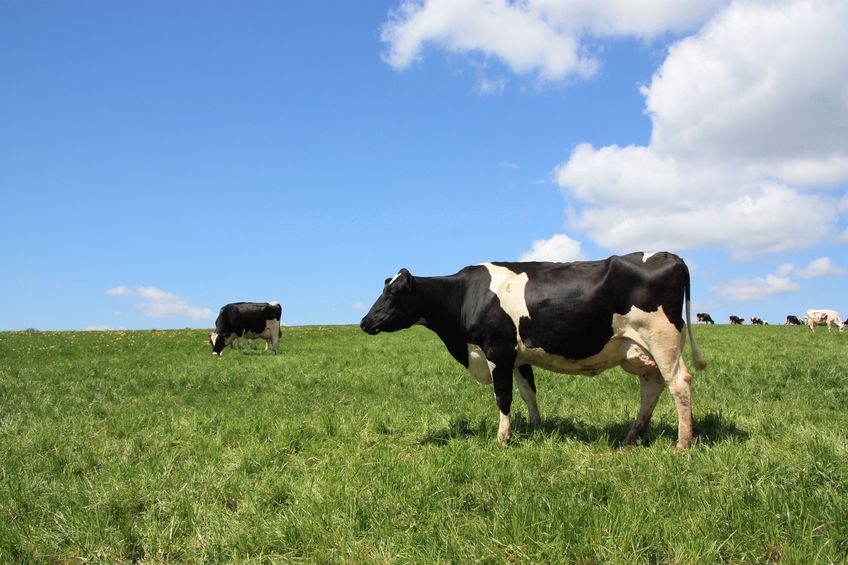
The aid package adopted in July marks a turning point in the EU milk policy, the European Milk Board has said.
The measures were presented to the Council of EU Agriculture Ministers by Commissioner for Agriculture and Rural Development, Phil Hogan.
"Coming at a time of significant budgetary pressures, this package provides a further robust response, and means that the Commission has mobilised more than €1 billion in new money to support hard-pressed farmers," Mr Hogan said.
"Our ultimate goal is to see the much needed recovery of prices paid to farmers, so that they may make a living from their work and continue to provide safe, high quality food for citizens, as well as their contribution to rural areas and rural jobs and the provision of public goods."
The European Milk Board has called the EU's previous attempts as "failures", and that the recent measures for voluntary production cuts "finally focus" on the production side.
This week, the EU Commission finalised the details of the aid package. It contains three main elements:
- A EU-wide scheme to incentivise a reduction in milk production (€150 million)
- Conditional adjustment aid to be defined and implemented at Member State level out of a menu proposed by the Commission (€350 million that Member States will be allowed to match with national funds, thus potentially doubling the level of support being provided to farmers)
- A range of technical measures to provide flexibility (e.g. on voluntary coupled support), cash-flow relief (e.g. through an increase in the amount of the advances for both direct and area-based rural development payments) and reinforce the safety net instruments (by prolonging intervention and private storage aid for Skimmed Milk Powder).
Countering overproduction
The restraint on supply is a "crucial factor" in countering overproduction and a collapse in prices, the Milk Board said.
Romuald Schaber, President of the European Milk Board, says he is "relieved" that with the restraint on supply EU policy-makers have "finally given dairy farmers a potential instrument."
"We welcome the measures adopted by the EU Commission and Ministers of Agriculture," Mr Schaber said.
Although the concrete drafting of the measures could be improved, they do represent a step forwards for dairy farmers, he says.
The European Milk Board regrets above all the "lacking systematic" European-wide implementation of the production cuts and "an adequate budget."
Schaber continues: “One stumbling block is that the production volumes of all EU Member States are not capped during the reduction period, and that the compensation payments are very low.”
“It is now even more important for the Member States to also apply the funds from the 350-million-euro package for additional reductions in volume, so as to enable an impact on the milk market.”
